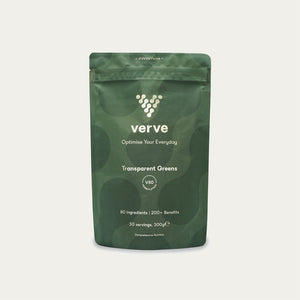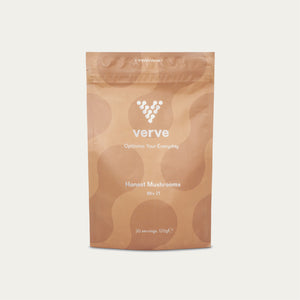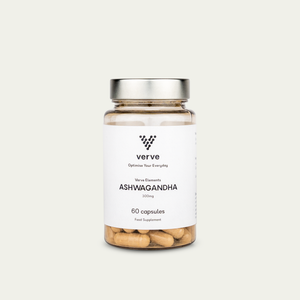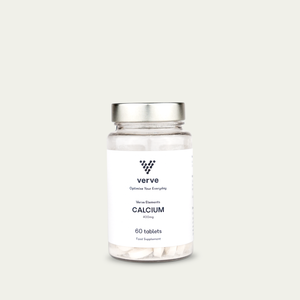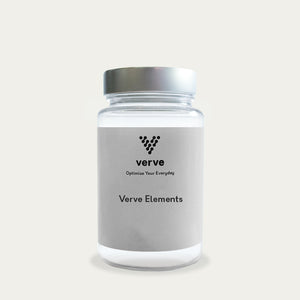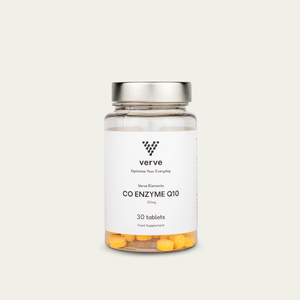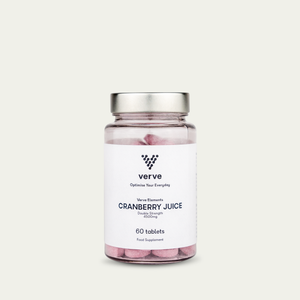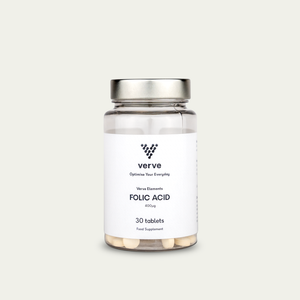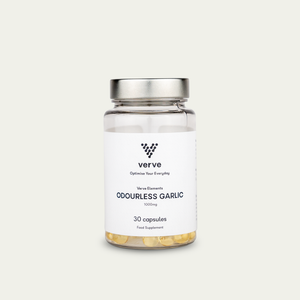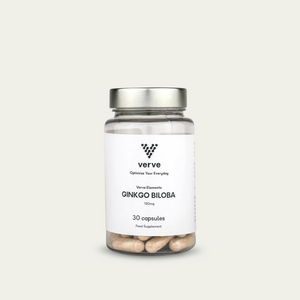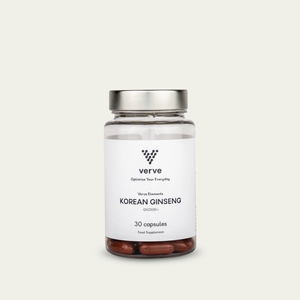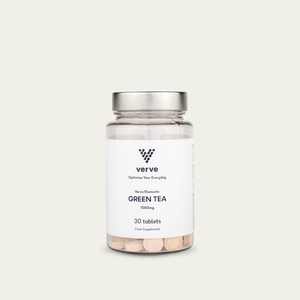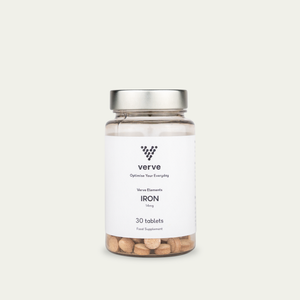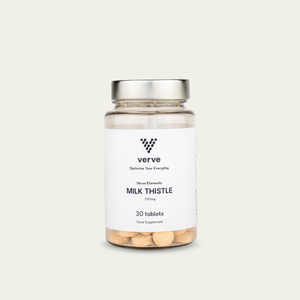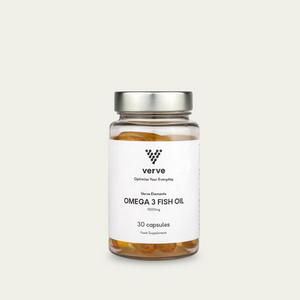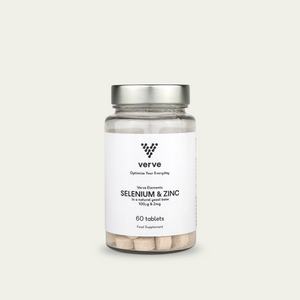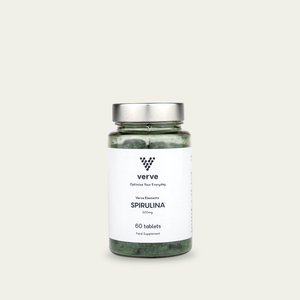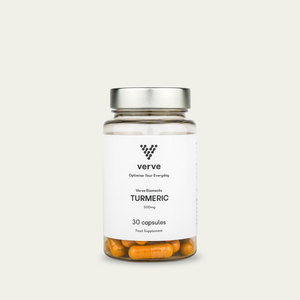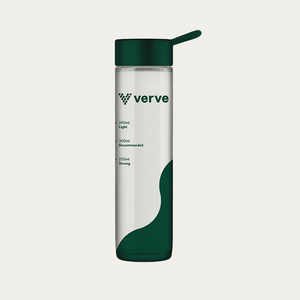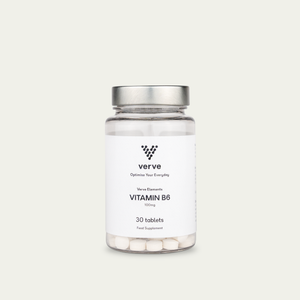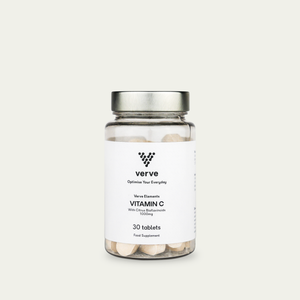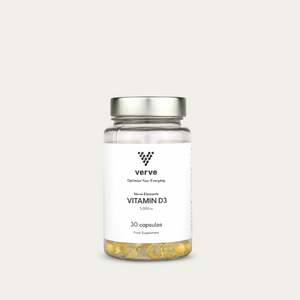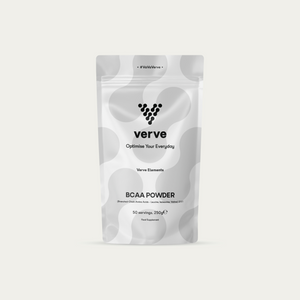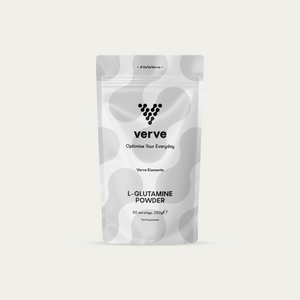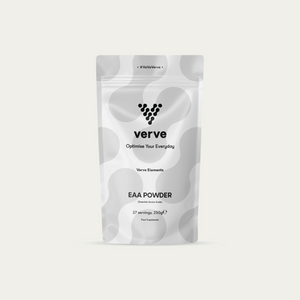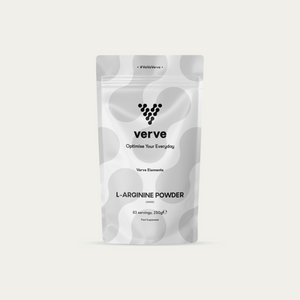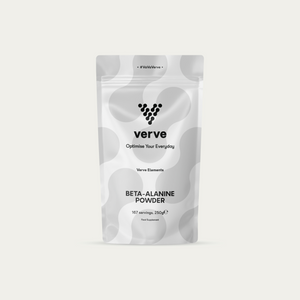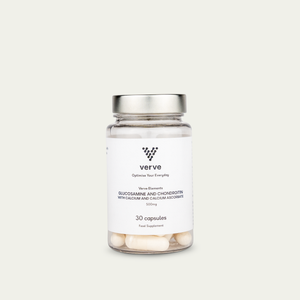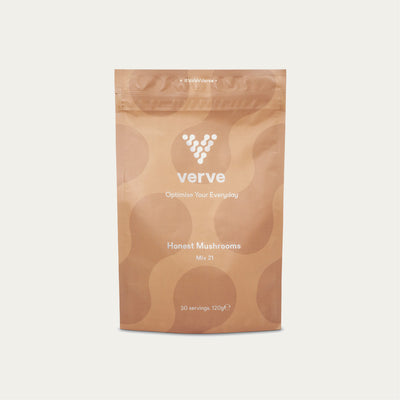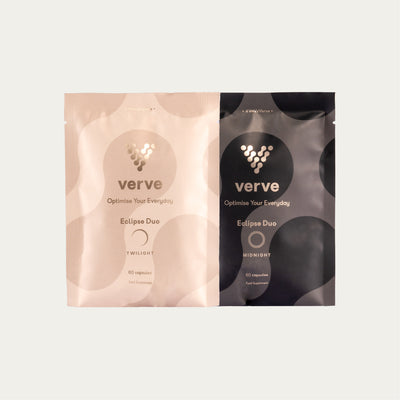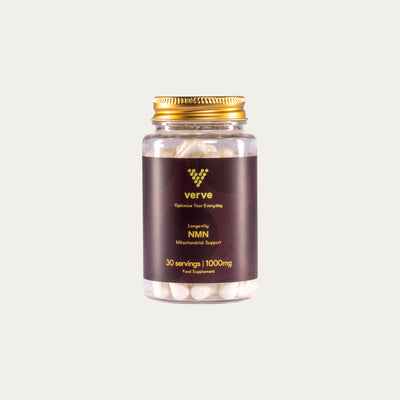Understanding the Causes of Menopausal Bloating
Menopausal bloating is a common complaint, often caused by hormonal fluctuations that accompany this stage of life. As the body adjusts to lower levels of estrogen, it can affect how the body retains water and how the gastrointestinal tract functions, leading to feelings of fullness or swelling in the abdominal area.
Here are some specific reasons why menopausal bloating occurs:
- Hormonal Changes: Lower estrogen levels can impact the rate at which your body digests food, leading to bloating.
- Water Retention: Hormonal shifts can cause your body to retain more water and salt, which leads to bloating.
- Slower Metabolism: As we age, our metabolism naturally slows down, which can contribute to increased bloating.
- Digestive Issues: Changes in digestive enzymes and gut flora can affect digestion and lead to gas and bloating.
Now that we have a better understanding of the causes let's move on to the remedies, including the beneficial practice of yoga.
Natural Remedies for Managing Menopausal Bloating
1. Incorporate Yoga
Yoga serves as a gentle yet powerful tool for managing menopausal symptoms, including bloating. It fosters a mind-body connection, encourages relaxation, and improves gastrointestinal function. Here are some specific yoga poses tailored for bloating relief:
- Apanasana (Knee to Chest Pose): Lie on your back, inhale deeply, and as you exhale, draw one knee to your chest, then the other, clasping your hands over your shins. Rock gently side to side to massage your back, holding for several breaths before releasing. This movement helps compress the abdomen and expel gas, providing relief from bloating.
- Pawanmuktasana (Wind-Relieving Pose): Similar to Apanasana, this pose focuses on one leg at a time, enhancing the pressure on your abdomen and intensifying the release of trapped gas. Hold one knee to your chest with both hands, while the other leg remains straight on the ground. Alternate legs after a few breaths and notice the relief in your digestive tract.
- Trikonasana (Triangle Pose): Stand with your feet approximately a leg's length apart. Extend your arms to the sides at shoulder height, and as you inhale, stretch to one side, hinging at the hip to tilt your torso sideways, and lower your hand to your shin, ankle, or the floor. Extend your other arm towards the sky. This pose stretches the sides of your waist, aiding digestion and helping to alleviate bloating.
Regular yoga practice can significantly aid in decreasing stress, which is a common aggravator of menopausal bloating. It also helps tone the digestive tract, promoting regularity and reducing the likelihood of bloating.
2. Adjust Your Diet
- Increase Fibre Intake: Aim for a balanced intake of soluble and insoluble fiber to help keep your digestive system moving and prevent constipation, which can cause bloating. Foods like berries, lentils, oats, and chia seeds are excellent fiber sources.
- Limit Salt Consumption: Excessive sodium can cause the body to retain water, leading to bloating. Choose fresh, whole foods over processed ones and flavor your meals with herbs and spices instead of salt.
- Stay Hydrated: Drink water regularly throughout the day to stay hydrated. It helps move fiber through your digestive system and can reduce constipation.
- Eat Smaller, More Frequent Meals: Eating smaller portions can prevent your stomach from becoming too full and creating excess gas. It also helps maintain a steady blood sugar level, which can reduce hunger pangs and overeating.
3. Herbal Remedies
Herbal remedies can also be beneficial, here are our top 3 to consider:
- Peppermint Tea: This soothing beverage can relax the muscles of your GI tract, allowing gas to pass more readily, thus reducing bloating.
- Ginger: Adding fresh ginger to your diet, or sipping on ginger tea, can calm your intestines and ward off bloating.
- Dandelion: Dandelion tea acts as a diuretic, helping your body shed excess water and reducing bloating.
4. Regular Exercise
Alongside specific yoga poses, engaging in regular physical activity can help regulate hormone levels, improve metabolism, and prevent weight gain, all of which can contribute to bloating.
5. Stress Management
Including mindfulness practices and yoga in your daily routine can help mitigate the effects of stress on your digestive system. Even simple deep-breathing exercises can have a soothing effect on the nervous system and may help reduce bloating.
6. Probiotics
Eating foods rich in probiotics, such as kefir, sauerkraut, and miso, can introduce beneficial bacteria into your gut. These microbes can help break down food and prevent gas and bloating.
Related: Signs Probiotics Are Working
7. Stay Clear of Trigger Foods
Common bloating culprits include beans, onions, broccoli, cabbage, and carbonated drinks. Keep a food diary to identify and eliminate foods that seem to cause you discomfort.
8. Consider Alternative Therapies
Alternative therapies have gained popularity for their holistic approach and minimal side effects. Here’s how they cater specifically to bloating:
- Acupuncture: This ancient Chinese medicine practice involves the insertion of very thin needles into specific points on the body. For menopausal bloating, an acupuncturist might target points believed to regulate the flow of 'Qi' (energy) in pathways connected to the digestive system. The idea is that stimulating these points can help correct imbalances in the body, like slow digestion or water retention, which contribute to bloating. Additionally, acupuncture can help to balance hormone levels, which may indirectly alleviate bloating caused by hormonal fluctuations during menopause.
- Massage Therapy: Therapeutic massage can be a deeply relaxing experience that also has physical benefits for bloating. A massage therapist may use techniques that focus on the abdominal area to directly stimulate digestion and help move gas and waste through the intestines. The kneading action on the belly can relieve tightness and spasms in the gastrointestinal tract, which often accompany bloating. Furthermore, the overall relaxation response from a body massage can reduce stress levels, which are known to affect digestive processes and can worsen bloating.
Both of these therapies encourage a relaxed state of mind, which is crucial because stress can have physical manifestations, including digestive issues and bloating. By reducing stress and directly targeting the physiological aspects of bloating, these alternative therapies can serve as valuable components of a holistic approach to managing menopause symptoms.
